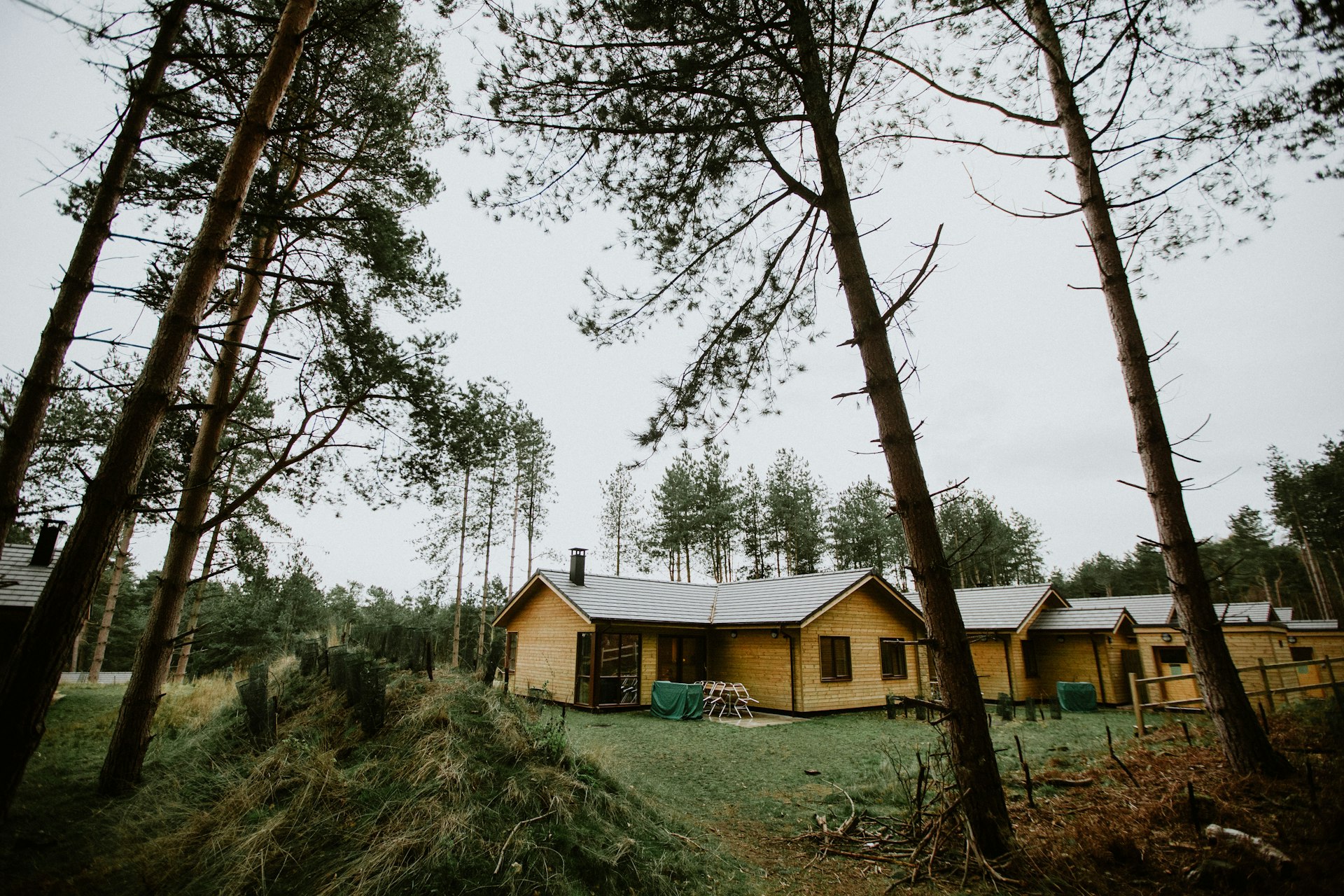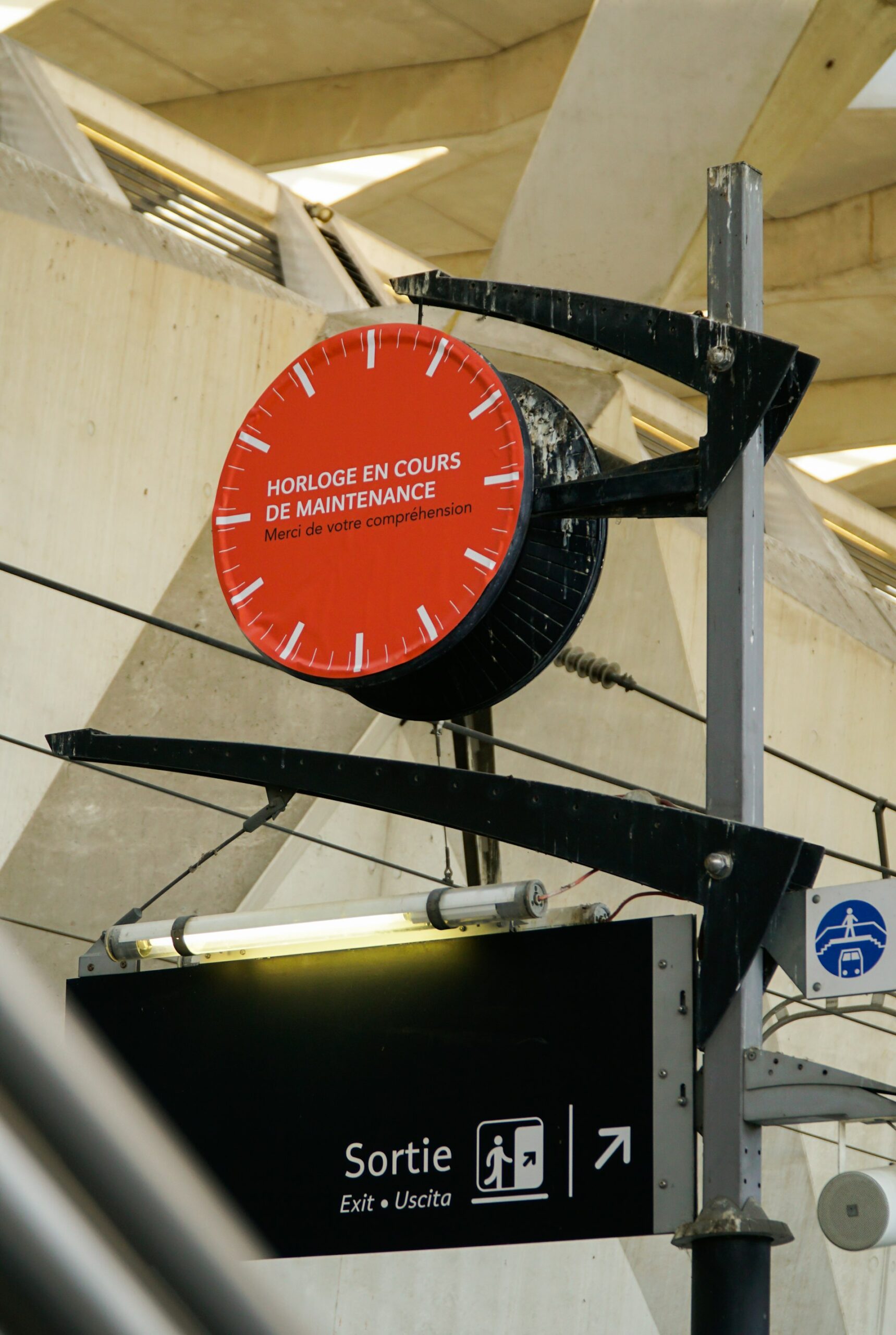Unlocking Authentic Travel: How Local Market Experiences Transform Your Journey in 2025

Photo by Estefania Rainie on Unsplash
Introduction: The Rise of Authentic Local Market Travel Experiences
Travelers in 2025 are seeking more than just iconic sights and traditional attractions. The demand for authentic local experiences has surged, with 73% of global travelers prioritizing meaningful cultural immersion over conventional sightseeing [1] . Local markets-bustling centers of culture, commerce, and community-have become focal points for travelers eager to engage with destinations on a deeper, more personal level. This article explores the evolving landscape of local market travel experiences, detailing actionable steps for travelers and businesses, highlighting current trends, and offering guidance for those eager to participate in this movement.

Photo by Joshua Rawson-Harris on Unsplash
Why Local Markets Matter in Modern Travel
Local markets offer a window into the daily life and traditions of a community. Instead of simply observing, travelers now crave interactive, immersive experiences -from sampling regional delicacies to joining craft workshops alongside locals [4] . These markets are not just venues for shopping; they are vibrant hubs where the stories and spirit of a place come alive. The experiential travel trend reflects a growing desire for genuine connection and discovery, especially among families and younger tourists [1] .
Key Trends Shaping Local Market Travel Experiences in 2025
According to recent industry analysis, the following trends define the local market travel experience:
- Slow Tourism: Travelers increasingly opt for longer stays in less crowded destinations, favoring quality over quantity. This approach encourages lingering at markets, engaging in conversations, and truly absorbing the local atmosphere [2] .
- Hands-On Activities: Culinary classes, artisan workshops, and guided tours within markets are in high demand, providing opportunities for skill-building and cultural exchange [4] .
- Personalization: Flexible, personalized itineraries allow travelers to tailor their experiences to interests such as food, crafts, history, or wellness [3] .
- Eco-Conscious Exploration: Markets often feature local produce and goods, supporting sustainable tourism and reducing environmental impact [3] .
Actionable Steps for Travelers
To fully experience the richness of local markets during your travels, consider the following steps:
- Research Local Market Opportunities: Before your trip, search for “local markets” plus your destination. Use official tourism board websites or established travel platforms for verified listings. For example, searching “Paris local markets” on the Paris Convention and Visitors Bureau site yields current market hours and special events.
- Engage with Vendors and Artisans: Take time to speak with market vendors about their products, origins, and traditions. Many are eager to share stories and may offer demonstrations or tastings.
- Participate in Workshops: Markets often host hands-on experiences such as cooking classes, craft sessions, or cultural performances. You can find these by asking at the market information desk or searching for “market workshops” through local event platforms.
- Support Local Businesses: Purchase locally made goods and foods. This not only enriches your experience but also supports the economic vitality of the community [2] .
- Document and Share Responsibly: While capturing memories is important, always seek permission before photographing people. Share your experiences online to inspire others, but respect local customs and privacy.
How Travel Businesses and Marketers Can Leverage Local Market Experiences
Local market travel experiences present significant opportunities for businesses and destination marketers:
- Collaborate with Local Artisans: Partner with market vendors to create exclusive packages or offer guided tours that highlight the market’s unique offerings. For example, bundle a cooking class with a market tour for added value.
- Promote Authenticity: Showcase the stories behind market products and experiences in marketing materials. Use sentiment analysis tools to gauge traveler and resident feedback, adapting offerings to reflect authentic community values [1] .
- Offer Flexible, Personalized Experiences: Allow customers to customize their market visits based on interests-culinary, crafts, wellness, or history. Flexible booking options and longer-stay discounts attract slow travelers [2] .
- Highlight Environmental Benefits: Emphasize the sustainability of local sourcing and eco-friendly travel in marketing communications [3] .
Potential Challenges and Solutions
While local market travel experiences offer tremendous rewards, travelers and businesses may encounter challenges:
- Language Barriers: Markets often operate primarily in the local language. Consider learning basic phrases or using translation apps. Many tourism boards offer volunteer interpreters or language guides.
- Overtourism: Popular markets can become crowded, diminishing the authentic experience. Visit during off-peak hours or explore lesser-known markets for a more genuine connection.
- Accessibility: Some markets may be difficult to reach via public transport. Research routes ahead of time and consult official local transport websites or visitor centers for guidance.
- Cultural Sensitivity: Always respect local customs and etiquette. Observe and adapt to the environment, from appropriate dress to bargaining practices.
Alternatives to Traditional Market Visits
If you are unable to access a physical market, consider these alternatives for engaging with local culture:
- Virtual Market Tours: Many destinations now offer online tours or video experiences of their local markets through official tourism board websites or established travel platforms.
- Community Pop-Up Events: Temporary markets and festivals often bring local vendors together in accessible settings. Check local event calendars for upcoming opportunities.
- Farmers’ Markets and Food Halls: These venues, common in many cities, provide a taste of local produce and cuisine while supporting small businesses.
Step-by-Step Guidance for Accessing Local Market Experiences
Here is a practical roadmap for travelers:
- Identify Your Destination: Pinpoint the city or region you wish to visit.
- Search Verified Sources: Use official tourism board websites, established travel guides, or reputable booking platforms to locate local markets and related experiences.
- Review Event Schedules: Markets often have special events, workshops, or festivals. Check official event calendars for dates and details.
- Connect with Local Experts: Contact visitor centers or local tour operators for recommendations and insider tips.
- Book Experiences: Reserve spots for hands-on activities directly through official channels or at the market’s information desk.
- Prepare for Your Visit: Learn about local customs, consider bringing cash, and check transportation details.
- Engage Fully: Immerse yourself in conversations, tastings, and workshops. Be open to spontaneous interactions and discoveries.
Conclusion: Embrace the Power of Local Market Travel
The transformative potential of local market travel experiences lies in their ability to connect travelers with the heart of a destination. Whether through culinary adventures, artisan workshops, or simply wandering market aisles, these moments forge lasting memories and meaningful relationships. With careful planning and an open mind, every traveler can access the authenticity, personalization, and sustainability that define travel in 2025.
References
- [1] Envisionit Agency (2025). Destination Marketing 2025 and the Power of Authentic Cultural Experiences.
- [2] MyLighthouse (2025). Top 10 Travel Trends for 2025: The Fastest-Growing Traveler Segments.
- [3] IGES (2025). US Tourism Trends 2025: What Consumers Want and Expect.
- [4] Arival (2025). More Travelers Putting Experiences First in 2025.
MORE FROM dealresult.com













